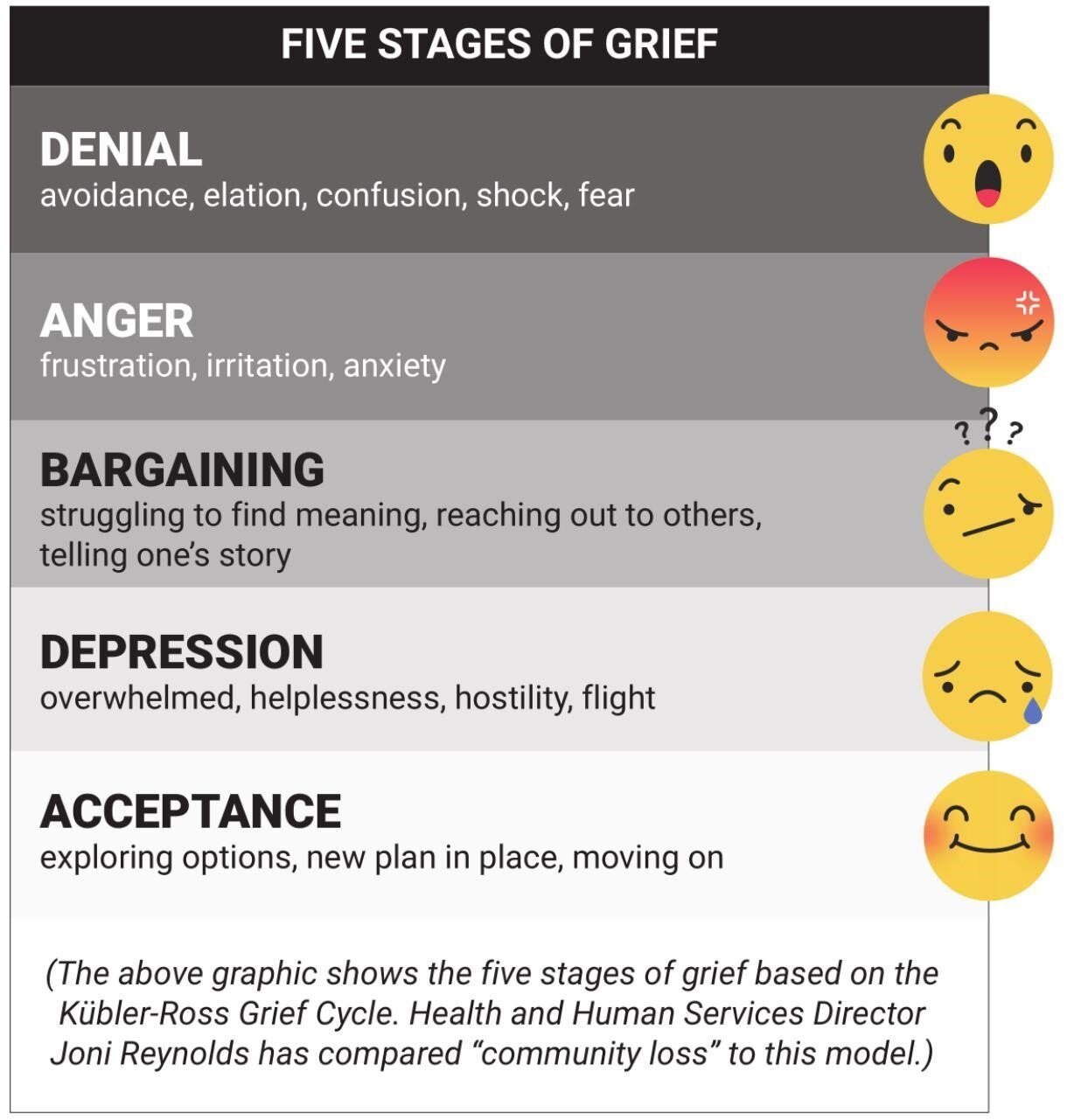Worried about a colleague's mental wellbeing?
Here's how to approach a struggling co-worker in a safe, supportive, and professional way.By Jessica HubbardToday
While governments around the world work to contain the COVID-19 outbreak, health professionals are warning of a simmering mental health crisis. The pandemic has induced prolonged fear and anxiety, which for many has been exacerbated by the loneliness and isolation of lockdowns. For people with existing mental health challenges, such as depression, today's climate of uncertainty can be especially fraught.
Given this context of heightened stress and vulnerability, it is critical to develop an awareness of one's own mental health — as well as the psychological wellbeing of peers and colleagues. In the coming months, some finance professionals may face the grim reality of retrenchments and reduced pay, which could place further stress on relationships and households. Managers and co-workers can offer an important source of support and guidance through such a difficult period, provided they have the knowledge and awareness to do so.
"Co-workers are in a position to notice telling changes in behaviour and habits that can be symptoms of distress or mental health challenges," explained Åse Greenacre, co-founder of MRT Consultants, a UK-based mental health consultancy. "If you believe there are real grounds for concern, your role is to provide support and consistency — you are not there to diagnose or advise."
We spoke to Greenacre and Colinda Linde, D.Litt. et Phil., a clinical psychologist based in South Africa, to learn how to approach a colleague whom you are concerned about, as well as how to provide ongoing support.
Take a gentle approach. If you have noticed significant behavioural cues and signs of distress in a colleague, such as increased absences or uncharacteristic errors, Linde said that the first step is to make contact in a nonintrusive, private, and respectful way — avoiding any actions that could be interpreted as interfering or aggressive. You should also be prepared for some form of resistance and even the outright rejection of your help.
"When approaching your colleague, it is important to give a clear message upfront that you are approaching him or her out of concern for their wellbeing," Linde explained. "You can bring up the actual workplace performance or areas of concern a bit later, once you have established that you are there in support and to find out if you can help."
Show support with thoughtful language. When approaching a colleague out of concern, Greenacre emphasised the importance of using thoughtful language and avoiding confrontational questions. For example, instead of asking, "Why is your work not getting finished?", use neutral language such as, "I notice that you haven't been able to complete your usual tasks this week. Do you need any help?"
"In these scenarios, I find it better to pick up the phone and speak to a co-worker without the visuals of videoconference," Greenacre said. "People often find it harder to articulate and be honest about what they are experiencing if they feel that everything is being scrutinised onscreen. Also, it is easier to pick up on nuances in tone of voice when two people are speaking and listening to each other without visuals."
Encourage co-workers to use the resources and support available. As a manager or co-worker, you should never go behind a colleague's back and diagnose them (thereby making assumptions) or alert HR professionals and leaders to a mental health issue.
"Instead, after asking your colleague what he or she might need from you (practical or emotional support, for example), encourage your co-worker to review her options and the structured channels of support that are available," Linde explained.
There may be an employee assistance programme, for example, or a company wellness policy online that details all the support and resources available to employees. By encouraging the use of these resources, you can give your colleague a sense of having more control over his or her own situation — instead of feeling helpless and unsupported.
"Anxiety increases through the perceived lack of knowledge," Greenacre added. "The more information people have, the more resilient they can be in the face of stress and uncertainty."
Communicate consistently and listen carefully. Within the isolation of virtual working and reduced social interactions, Greenacre highlighted that many people are potentially hiding their vulnerabilities behind professional personas. It's important to respect others' boundaries by listening carefully for how much communication and help they are signalling that they need.
"In this environment, human connection is deeply needed — so it is important to offer your colleague opportunities for connection by reaching out regularly and listening attentively," Greenacre said. "When interacting with someone who is struggling with mental wellbeing, you must keep the communication going and be consistent in how and when you reach out."
This consistency is essential, so if you're not able to keep up the contact, then make sure that someone else within the organisation will be contacting the individual and providing support on a regular basis, Greenacre advised.
— Jessica Hubbard is a freelance writer based in South Africa. To comment on this article or to suggest an idea for another article, contact Drew Adamek, an FM magazine senior editor, at Andrew.Adamek@aicpa-cima.com.




















